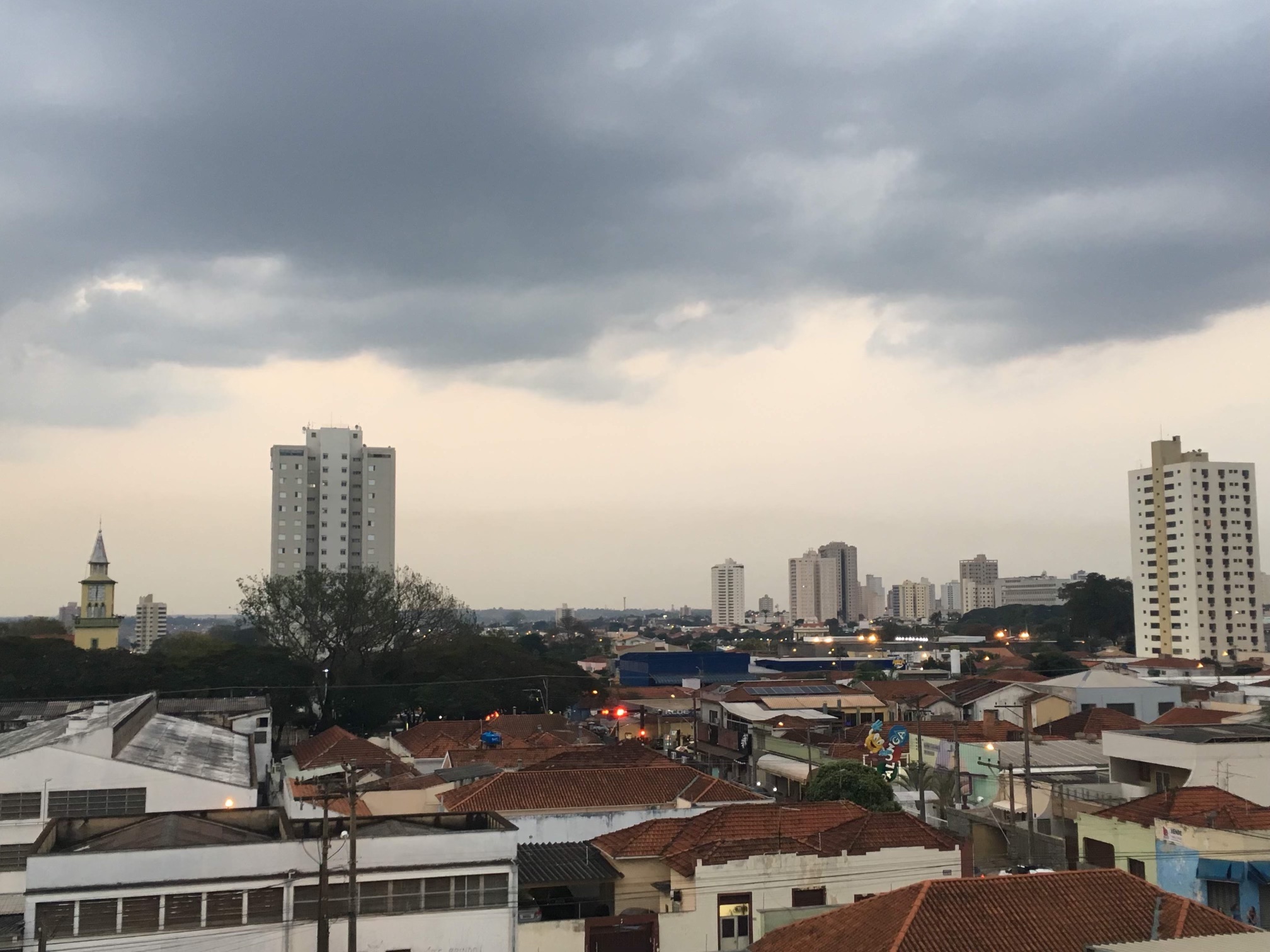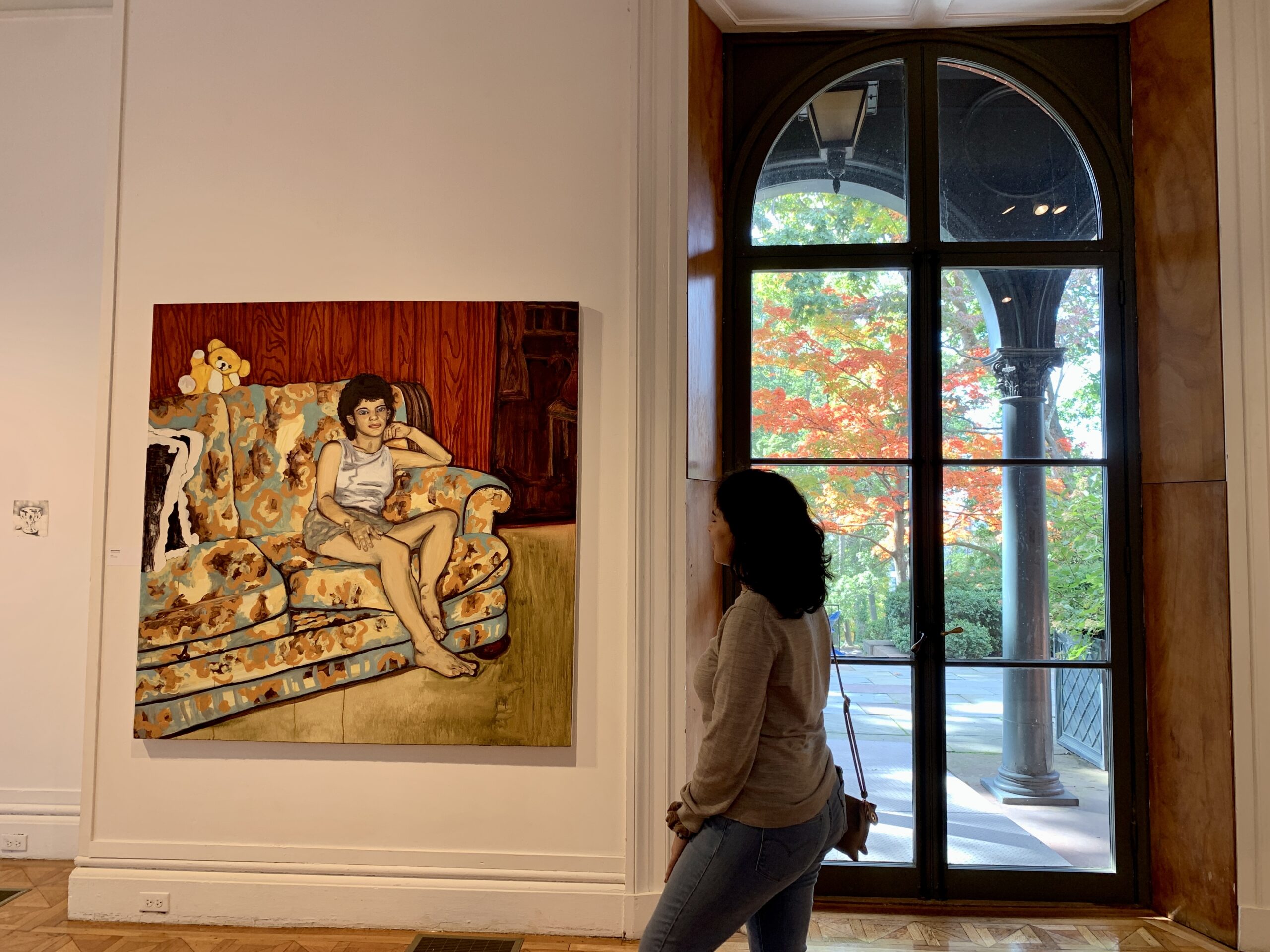I lived in Brazil for eight months in 2019. A large group of recent American college grads and 20-somethings were selected to go to Brazil to teach English. We taught at universities, but not in the traditional sense as most of us didn’t come from teaching backgrounds. I myself had done previous study abroad projects which involved teaching English, and I am fairly confident others had too. We all received some training in teaching once we arrived for orientation in São Paulo.
We were assigned to different cities in groups of two, three, and sometimes four. My co-teaching assistant and I were both into dancing and rock climbing, and she was from Virginia and I was from Florida. Our assigned city was Araraquara, which was about four hours west of the capital of São Paulo city in the countryside. It was a place where people went to work or study with a unique and strange industrial orange smell, as there was a plant located there that created orange concentrate for juice and other products. It had a neighboring city called São Carlos that was similar but slightly smaller and with a slightly more hip vibe. That’s where we went to hang out at bars and dance events.
We created lesson plans for a weekly conversation club we hosted, where the goal was for the Brazilian university students to practice their English speaking skills. We did it on a bunch of different topics. The students were studying a program in literature and linguistics and all of them had to study one foreign language, but some studied two. We learned as much or more from them as they learned from us. At first we would present and provide the background on the topic we had researched. The second half of the class was reserved for dialogue and usually we’d put the chairs in a circle so we could all see one another as the conversation flowed. We spoke a lot about specific places and cultural aspects of the US and Brazil. Other topics included music, literature, studying a foreign language, and religion and spirituality. We also spoke about women in politics, climate change, white supremacy and education and privilege.
During this time, we were also traveling throughout Brazil and struggling to improve our Portuguese fast enough to fully be able to appreciate the culture and the towns we found ourselves in. We took a Portuguese for foreigners class, but what helped catch us up to speed was going out and chatting over beers, practicing with Uber drivers, and meeting people through dancing. We also traveled and got to know other cities and regions, bustling cities, beachside towns, and historical mountain towns. We got to go to a region that seemed to be both hot arid desert and also had icy cool rivers.
In the later part of the program, our classes were centered on scenarios for the students to practice English in specific real world situations. We acted out different roles and walked around campus, pretending to go through security at the airport or ordering dinner at a restaurant. It all passed by so quickly in the end. We had a lot to process in a short amount of time, as Portuguese language is not easy to master and Brazilian history and customs are not the easiest to understand. Among the challenges of living abroad in a town in the middle of São Paulo’s countryside, we found connections through a curiosity about culture and language. There was a lot of warmth and humor that made it feel like even though we were so far from home, we could still make sense of the world with each other’s help.
(Originally published 1/21/22)


